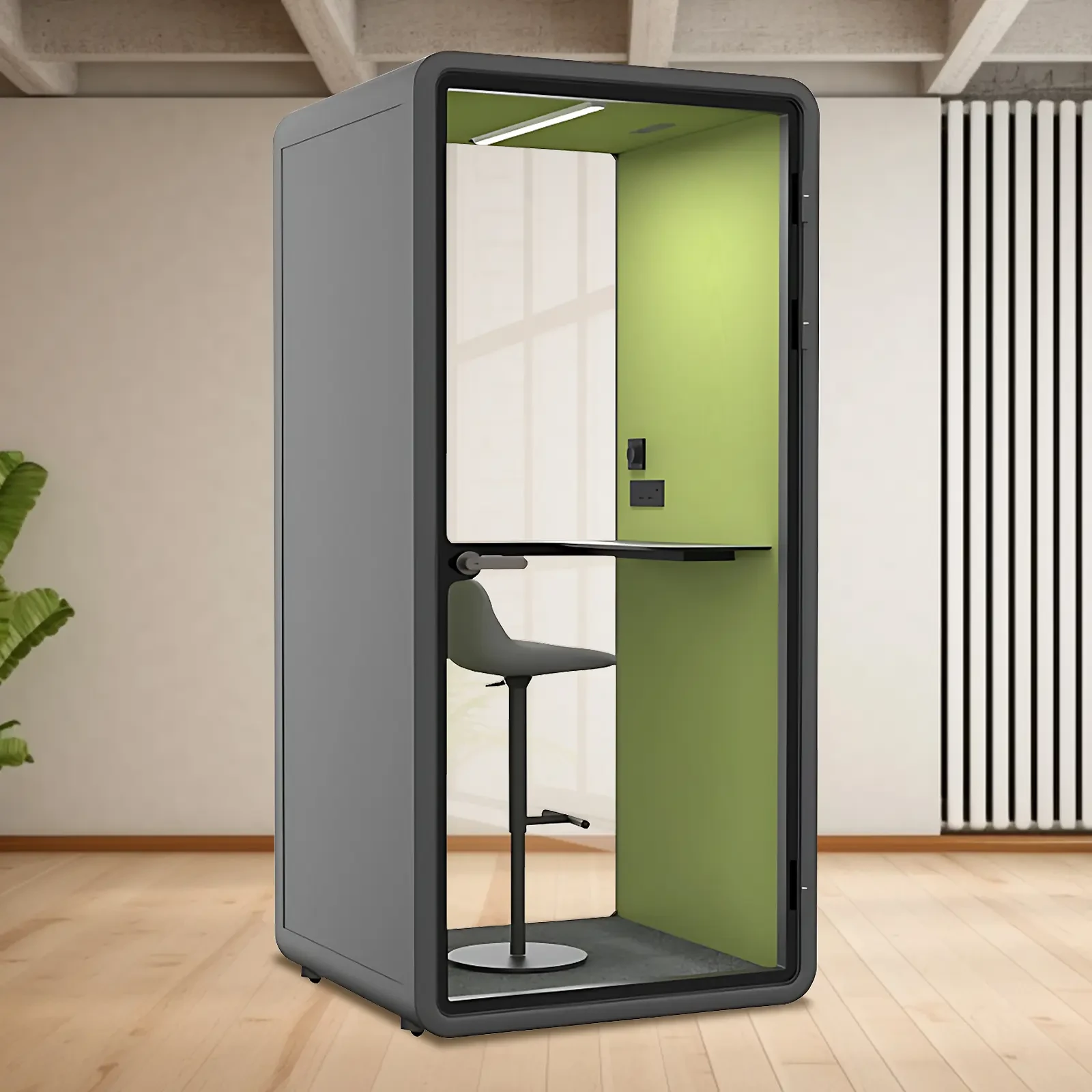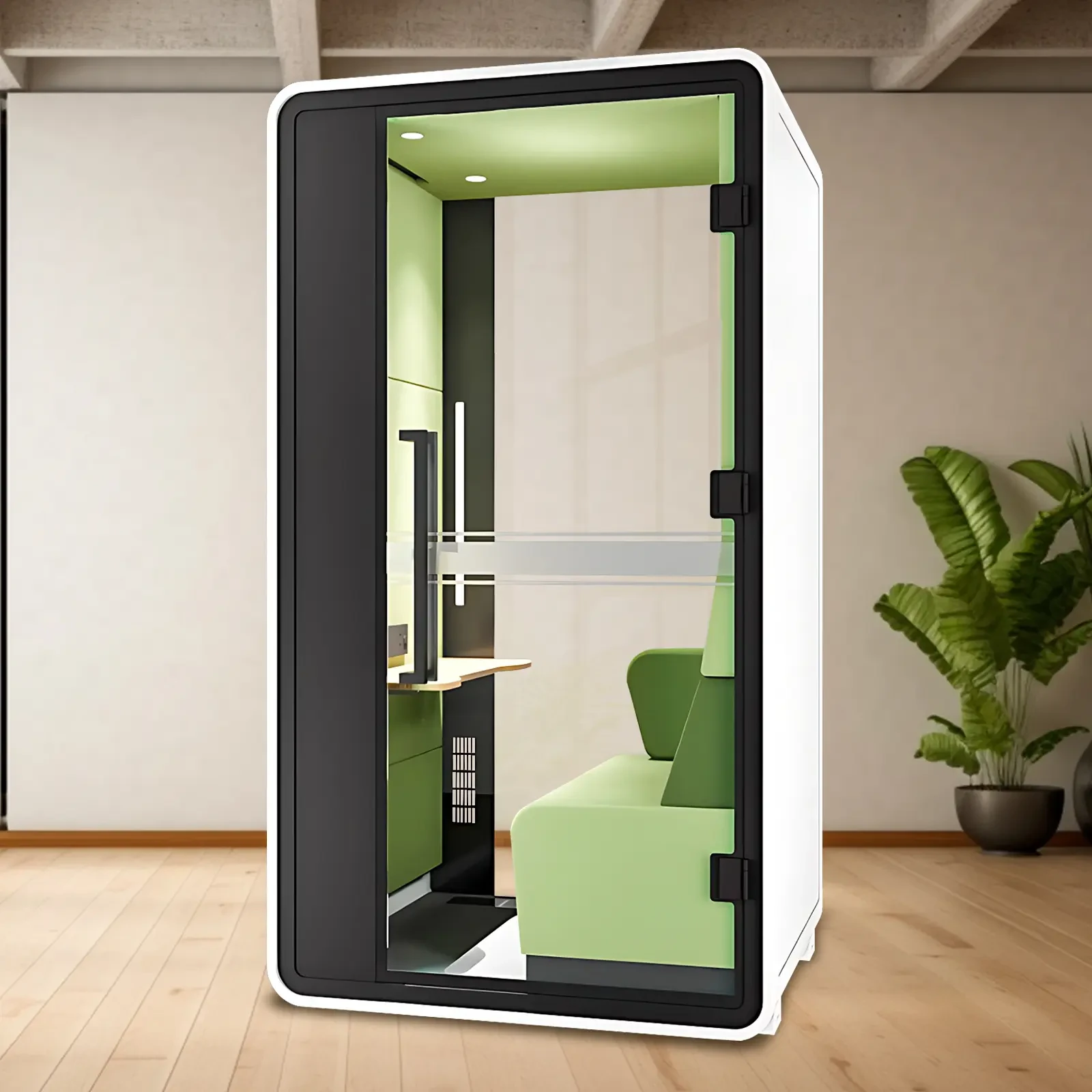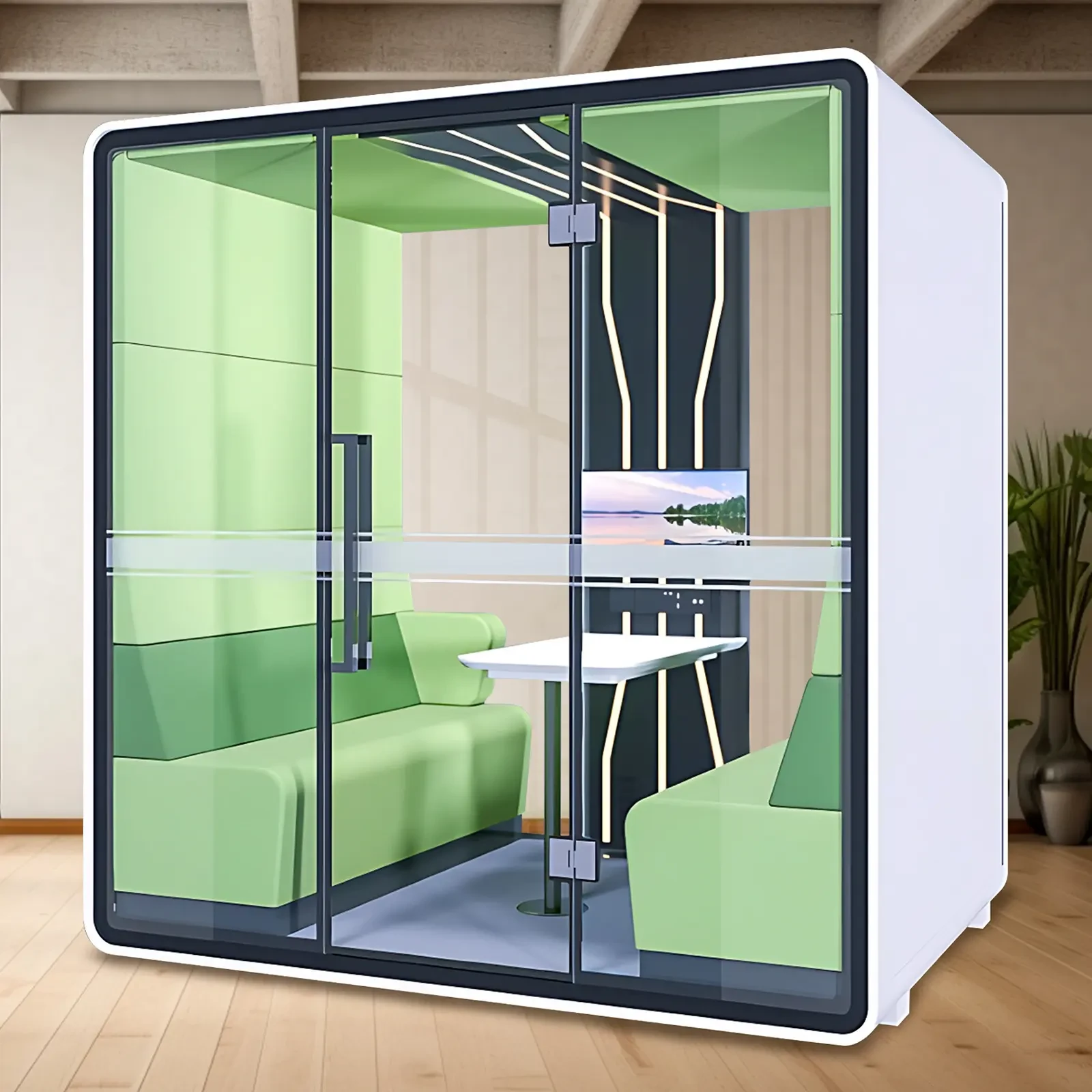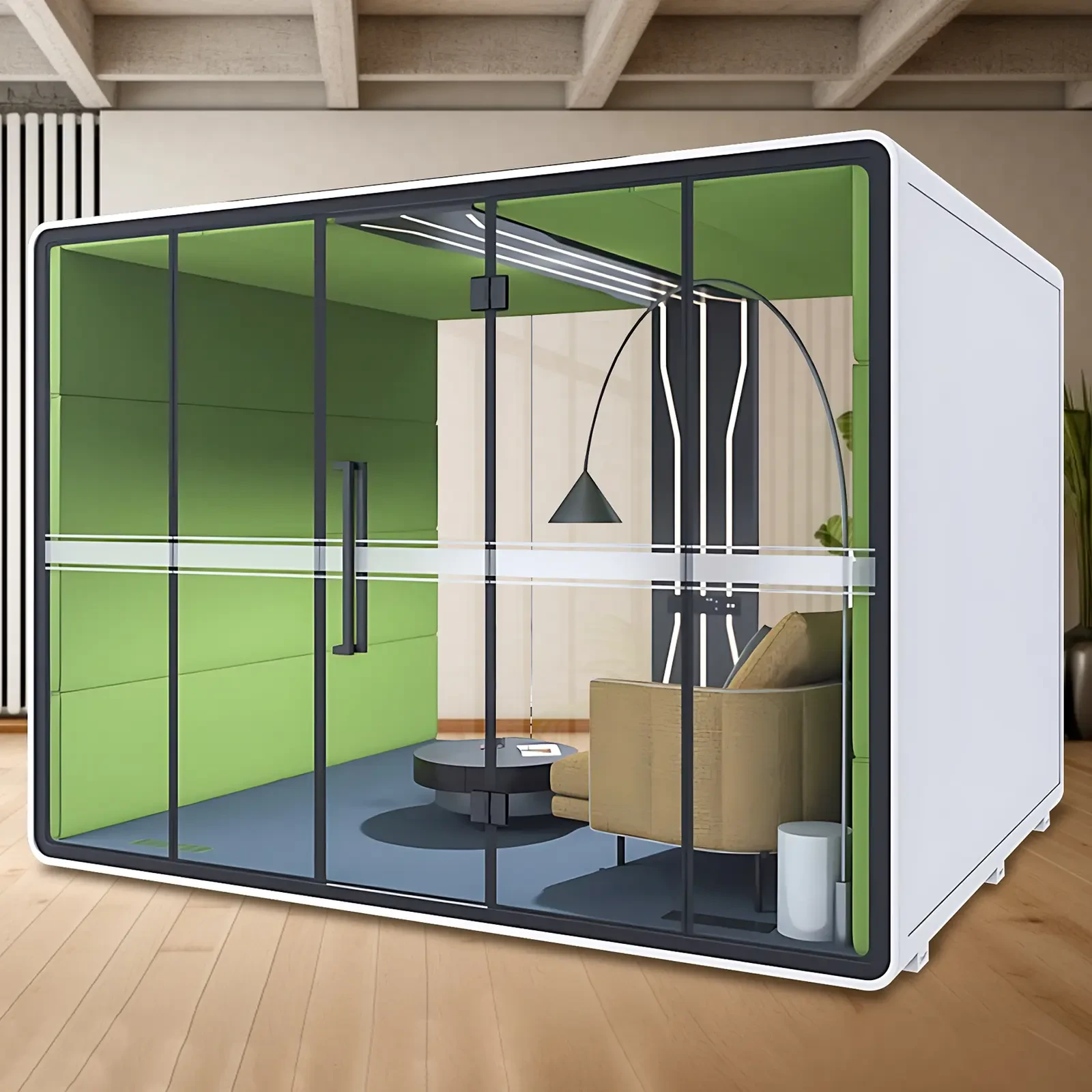In industrial production and commercial operations, noise pollution not only impacts employee health and productivity but can also pose environmental compliance risks. Selecting a professional noise control company is crucial for sustainable business development. This article provides a practical guide to scientifically selecting a noise control partner based on six key criteria.
1. Qualification certification: the basic guarantee of compliance
Enterprise qualifications are the first threshold for screening noise control companies. Formal enterprises should have:
• Environmental protection engineering professional contracting qualification (Level 2 and above, Level 1 is best!)
• Safety Production License
• ISO9001 quality management system certification
Technical personnel must hold a registered environmental engineer or acoustic engineer qualification certificate. Pay special attention to verifying the validity period of the qualification certificate and whether the scope of business covers the target treatment area (such as industrial noise, construction noise, etc.).
2. Technical Strength: The Core Competitiveness of Solutions
Professional noise control companies should demonstrate systematic technical capabilities :
• Acoustic diagnostic technology : equipped with precision noise detection instruments (such as sound level meters, spectrum analyzers) and on-site investigation capabilities
• Customized solution design : We can provide targeted solutions based on different noise sources (mechanical noise, aerodynamic noise, etc.)
• Advanced treatment technology : Master the four core technologies of sound absorption, sound insulation, noise reduction and vibration reduction, and be familiar with the application of new environmentally friendly materials
You may be asked to provide technical patent certificates or industry standard documents that the company has participated in formulating to verify its technological leadership.
3. Case Experience: Intuitive Reflection of Practical Ability
Prioritize governance companies with rich case studies in the same industry :
• Requires 3-5 successful cases of companies of similar size
• Comparison of noise control data before and after verification (third-party testing report required)
• Understand the project implementation cycle and after-sales service
Focus on the noise type matching of the case. For example, a machinery factory should choose a company with experience in heavy equipment noise control.
IV. Service Process: Full-cycle Control of Project Quality
Standardized service processes reflect the professionalism of the company:
1. On-site investigation : provide detailed noise source analysis and spectrum characteristics test report
2. Scheme design : including treatment objectives, technical routes, material selection, expected effects and other elements
3. Manufacturing: With professional production capabilities, full-process services are more guaranteed
3. Construction management : professional construction team and project supervision mechanism
4. Acceptance monitoring : provide CMA certified third-party test report
5. After-sales service : clearly define the warranty period (usually 1-3 years) and fault response mechanism
5. Quotation System: Scientific Evaluation of Cost-Effectiveness
A rational view of the quotation requires attention to:
• Detailed quotation : material, labor, design, monitoring and other costs are itemized
• Cost-effectiveness of the solution : Avoid simply comparing the total price and focus on evaluating the cost per unit noise reduction
• Hidden cost control : such as whether it affects production downtime, subsequent maintenance costs, etc.
Be wary of "low price traps". Some companies may lower their quotations by reducing material usage or simplifying processes, resulting in substandard treatment results.
6. Corporate Reputation: Risk Prevention and Control for Long-term Cooperation
Investigate corporate reputation through multi-dimensional channels:
• Customer reputation : Learn about the actual cooperation experience from the companies they have served
• Industry evaluation : whether it has won industry awards
Choose a professional partner to achieve a win-win situation of noise compliance and production efficiency
Professional noise control not only helps companies achieve environmental compliance but also improves production environment quality and employee satisfaction. During the selection process, we recommend that companies conduct on-site inspections and request simulated control solutions . We use a six-dimensional evaluation system ("Qualifications - Technology - Case Studies - Service - Quote - Reputation") to identify strategic partners with the capabilities to solve complex noise problems.

 USD
USD
 GBP
GBP
 EUR
EUR



